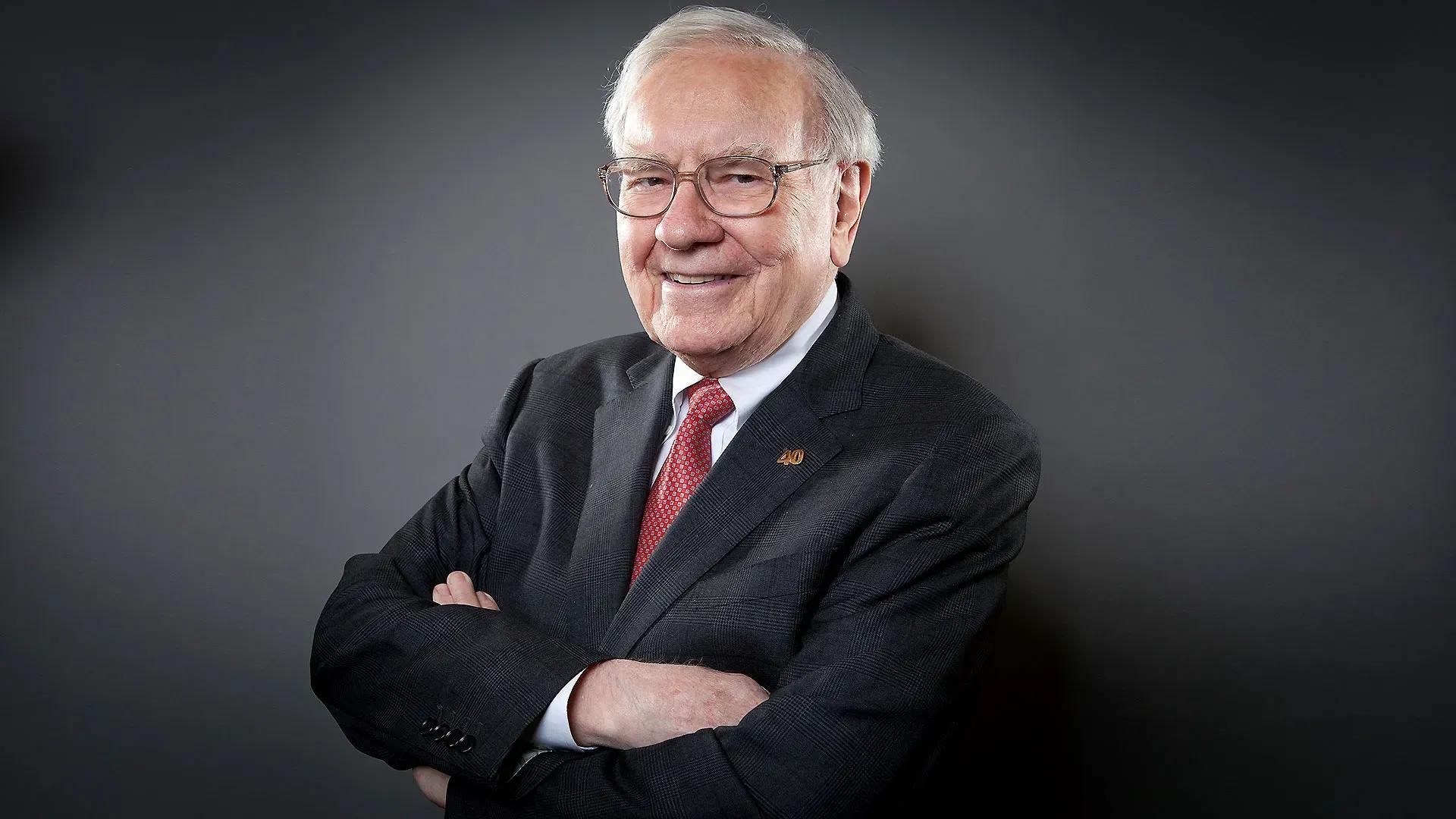Warren Buffet, Investor
Warren Buffet is considered one of the greatest benchmarks in the world of stocks today. He is "the" long-term investor in a value strategy, and his main philosophy is to invest only in shares of companies whose businesses are well understood, and that the price one has to pay for the shares and their real value is the most important factor to consider, without seeking short-term opportunities. He only invests long-term in companies whose future profits can be reasonably predicted. In this sense, he maintains that the value of a company is related to what it will be capable of earning in the future, without being attached to specific market values as an end in itself. His main idea is to buy excellent companies at a price that makes sense.
His knowledge initially came from Benjamin Graham, who was his professor at Columbia University and for whom he worked in the 1950s, which will be the subject of my next technical note.
Buffet is the largest shareholder and CEO of Berkshire Hathaway, the vehicle through which, since 1966, he has multiplied the value of his investments in that fund by 4000, which is also listed. As a policy, the Class “A” stock does not split, so as of the date of writing this article, more than USD 650,000 is needed to buy just one share of the company. Minority investors can buy the Class “B” stock (BRK.B) on the stock exchange.
After being the richest man in the world, today he ranks seventh (Forbes ranking as of June 2024).
No matter how much information one has, investors need concrete recommendations from benchmarks who have more experience or knowledge than they do, and for the information to be more processed. The lack of time, knowledge, or experience on the subject is significant, so advice from experts is crucial when it comes to beating the market or simply not getting scared when looking at their account statements. The guru industry feeds on these needs, and Warren Buffet is the first that comes to mind.
The numbers speak for themselves. Looking back, Berkshire’s performance was excellent, beating the S&P500 index by far: with an annualized return of 19.8% from 1965 to the present (2023), compared to 9.9% for the SPX index. This makes him an exceptional investor due to the durability and consistency he has demonstrated over the years, although he has been much criticized for not having achieved significant advantages in the last 10 years.
In his early days, he did not diversify much because he considered that if purchases are made with a sufficient margin of safety, the risk is limited, and if diversification is high, the market is replicated, not being able to obtain a significant spread over it, that is to say, one cannot achieve the coveted “alpha” that differentiates a good manager from another. A large part of his portfolio was generally concentrated in 12 to 15 companies. But lately, he has had an average of between 35 and 40 stocks. He reports changes in his composition quarterly.
He is usually a minority partner of companies, and may join the board, but in no way does he interfere in the management of the companies. Contrary to what would happen with a politician, he does not blame anyone for his company other than himself. That is, he takes responsibility as the ultimate person in charge of the performance of Berkshire Hathaway, his publicly traded investment fund.
He has a "buy and hold" vision, so he does not worry about short-term variations. When buying, he pays attention to:
a) buying excellent businesses that are simple and preferably single-product
b) with little debt
c) with “economic moats,” meaning they have long-lasting competitive advantages
d) with capable and honest management,
e) at low prices or with a good margin of safety, meaning they must have an intrinsic value higher than the market value to mitigate the risk of capital loss. These prices abound when there is a systemic crisis but also appear when there are sectorial problems or problems within the firm itself that are not insurmountable, natural catastrophes, or others.
Buffet once said: “If you have an IQ of 150, then sell 30 points to someone else. You need to be intelligent, but not a genius; what's more important is inner peace. You need to be able to think for yourself. It’s not a complicated game.”
He is the inventor of a simple rule: “Be fearful when others are greedy, and greedy when others are fearful.” However, it is difficult to be precise about the moment to buy, as in July 2008, he decided to be aggressive in his purchases. What followed is public knowledge: the company’s results fell in 2008 as they had never fallen before in a single year in the 44 years since Buffett acquired it. Among the mistakes he made were the purchases of two Irish banks and the oil company ConocoPhilips (COP), just when the price of oil was at its peak level.
It is almost mandatory for any investor to read the letter that Buffet annually sends to Berkshire Hathaway shareholders, the content of which often affects the markets. For example, when he spoke about excessive compensation through stock option plans of senior executives of companies, shortly thereafter, they began to drastically decrease to normal levels. Another example: when attacking the high fees of investment banks in mergers and acquisitions, these fees began to fall.
He invests in companies that have the "consumer monopoly," that is, those that produce highly preferred products by the public, such as the successful Coca-Cola and Gillette, meaning there must be consumer attraction towards the products the company manufactures.
Additionally, he does not buy companies whose financial leverage exceeds 35%, and they must be companies capable of generating high dividends, although in many cases he considers that it is not essential for the company to distribute high percentages of dividends. On the contrary, he believes that a company should retain all earnings if it can use them profitably at a better rate of return than what the investor would get via dividends.
Approximately, the expected long-term average return is around 15%, but if it considerably exceeds that figure, he does not sell. He shares the theory that the best time to sell a very good business is simply never.
It is obvious that being a long-term investor, he looks at management with a magnifying glass: he always considers it important to know the quality of a company's management when making investment decisions. But where Warren Buffett does not invest, according to the analysis of his significant portfolio, is where management plays such an important role that it makes them indispensable, not allowing new executives to manage efficiently with the same assets.
Warren Buffet did not act alone. He recently had to mourn the loss of his partner at Berkshire, Charlie Munger, with whom he shared his fundamentalist theories to select the stocks that comprise his portfolio.


Comments